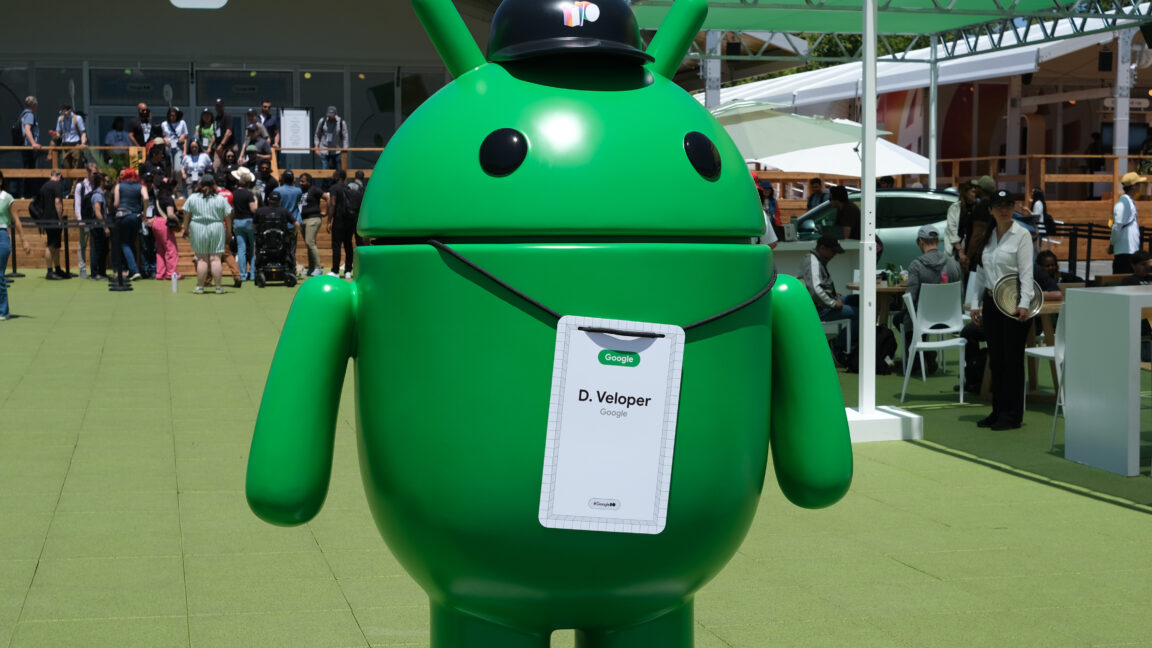Google confirms Android dev verification will have free and paid tiers, no public list of devs
A lack of trust Google has an answer for the most problematic elements of its verification plan, but anywhere there’s a gap, it’s easy to see a conspiracy. Why? Well, let’s look at the situation in which Google finds itself. The courts have ruled that Google acted illegally to maintain a monopoly in the Play…

A lack of trust
Google has an answer for the most problematic elements of its verification plan, but anywhere there’s a gap, it’s easy to see a conspiracy. Why? Well, let’s look at the situation in which Google finds itself.
The courts have ruled that Google acted illegally to maintain a monopoly in the Play Store—it worked against the interests of developers and users for years to make Google Play the only viable source of Android apps, and for what? The Play Store is an almost unusable mess of sponsored search results and suggested apps, most of which are little more than in-app purchase factories that deliver Google billions of dollars every year.
Google has every reason to protect the status quo (it may take the case all the way to the Supreme Court), and now it has suddenly decided the security risk of sideloaded apps must be addressed. The way it’s being addressed puts Google in the driver’s seat at a time when alternative app stores may finally have a chance to thrive. It’s all very convenient for Google.
Developers across the Internet are expressing wariness about giving Google their personal information. Google, however, has decided anonymity is too risky. We now know a little more about how Google will manage the information it collects on developers, though. While Play Store developer information is listed publicly, the video confirms there will be no public list of sideload developers. However, Google will have the information, and that means it could be demanded by law enforcement or governments.
The current US administration has had harsh words for apps like ICEBlock, which it successfully pulled from the Apple App Store. Google’s new centralized control of app distribution would allow similar censorship on Android, and the real identities of those who developed such an app would also be sitting in a Google database, ready to be subpoenaed. A few years ago, developers might have trusted Google with this data, but now? The goodwill is gone.
